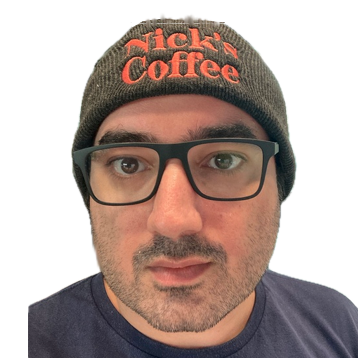
TimeTagger MCP Server
A MCP server for the timetagger tool, allowing you to start, stop timers and get reports directly from your MCP Client
what is TimeTagger MCP Server?
TimeTagger MCP Server is a Model Context Protocol (MCP) server designed for the TimeTagger tool, enabling users to manage and query their time records through compatible AI assistants.
how to use TimeTagger MCP Server?
To use the TimeTagger MCP Server, install the required dependencies, set your API key as an environment variable, and run the server in development mode or install it for use with Claude Desktop.
key features of TimeTagger MCP Server?
- Query time records within specific timeframes
- Create, update, hide/delete time records
- Start and stop timers
- Get time summaries by tags
- Manage TimeTagger settings
use cases of TimeTagger MCP Server?
- Tracking time spent on various projects
- Managing time records for productivity analysis
- Integrating with AI assistants for automated time management
FAQ from TimeTagger MCP Server?
- How do I install TimeTagger MCP Server?
Follow the installation instructions provided in the documentation, including installing dependencies and setting up your API key.
- Can I use TimeTagger MCP Server with any AI assistant?
Yes, it is designed to work with any MCP-compatible AI assistant.
- What programming language is TimeTagger MCP Server written in?
TimeTagger MCP Server is written in Python.
TimeTagger MCP Server
This is a Model Context Protocol (MCP) server for interacting with TimeTagger. It provides tools to query and manage your time records through Claude or other MCP-compatible AI assistants.
Features
- Query time records within specific timeframes
- Create new time records
- Update existing records
- Hide/delete records
- Get time summaries by tags
- Start and stop timers
- Manage TimeTagger settings
Claude Desktop Installation
Add this to your claude_desktop_config.json:
"timetagger": {
"command": "uvx",
"args": [
"--from",
"git+https://github.com/regismesquita/timetagger-mcp",
"timetagger-mcp"
],
"env": {
"TIMETAGGER_API_KEY": "your-api-key-here",
"TIMETAGGER_API_URL": "https://your-timetagger-instance.com/api/v2"
}
}
Manual Installation
-
Ensure you have uv installed:
brew install uv -
Install the required dependencies:
uv pip install -r requirements.txt
Configuration
The server requires your TimeTagger API key to be set as an environment variable:
export TIMETAGGER_API_KEY="your-api-key-here"
export TIMETAGGER_API_URL="https://your-timetagger-instance.com/api/v2"
Usage
Running in Development Mode
For testing and development, use:
fastmcp dev timetagger_mcp.py
This will launch the MCP Inspector interface where you can test the tools and resources.
Installing for Claude Desktop
To use with Claude Desktop:
fastmcp install timetagger_mcp.py
Available Tools
get_records(start_time, end_time): Get records within a time rangeget_recent_records(hours): Get records from the last N hoursget_today_records(): Get today's recordscreate_record(description, start_time, end_time): Create a new recordupdate_record(key, description, start_time, end_time): Update an existing recordhide_record(key): Hide/delete a recordstart_timer(description): Start a new timerstop_timer(key): Stop an ongoing timerfind_records_by_tag(tag, days): Find records with a specific tagget_time_summary(days): Get a summary of time spent on different tagsget_settings(): Get all TimeTagger settingsupdate_setting(key, value): Update a TimeTagger setting
Available Resources
timetagger://config: Get the TimeTagger configurationtimetagger://records/{timerange}: Get records within a timerangetimetagger://settings: Get all settingstimetagger://updates/{since}: Get updates since a specific timestamp